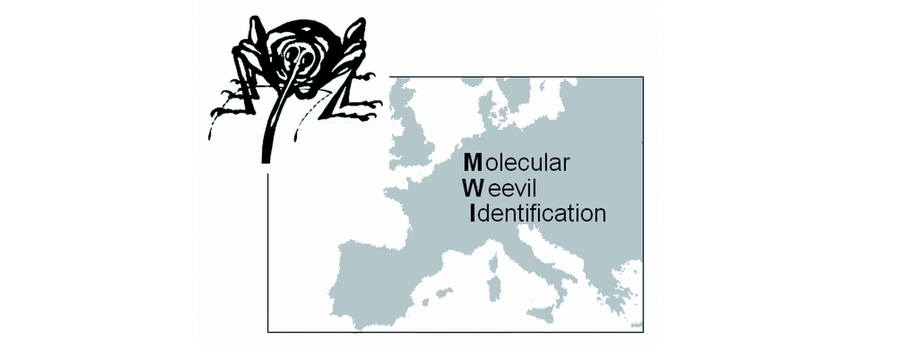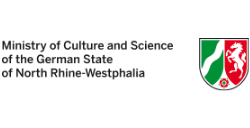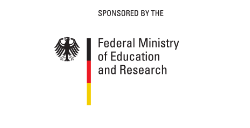Quick facts
Project title:
Molecular Weevil Identification (MWI)
Description
Weevils (Curculionoidea) represent one of the most diverse beetle superfamilies,
with worldwide over 100,000 species and ~6,000 species in Europe. Many species show a strong
host-plant binding, adults mostly feed on leaves, larvae on roots. Some specialize on deadwood.
Based on their phytophagous way of life, many species are economically relevant soil, plant or food pests. Others can serve as bioindicators, e.g. for forest age.
The taxonomic position of many weevils is still unclear and species identification of a number of taxa can only be performed by specialists. The Molecular Weevil Identification (MWI) project, for which the Museum Koenig collaborates with the Curculio-Institute, starts to set a foundation upon which an integrative molecular-morphological weevil taxonomy can be based for Europe, helping in identifying weevils through DNA barcoding.
Therefore, new morphological (dry mounted) weevil as well molecular (DNA, tissue) collections are being built at the ZFMK that are linked to a reference library of DNA barcodes for the taxa.
Considering the huge diversity of weevils in Europe, there remains much work to be done and new partners that would like to contribute to this project are most welcome!
Location







